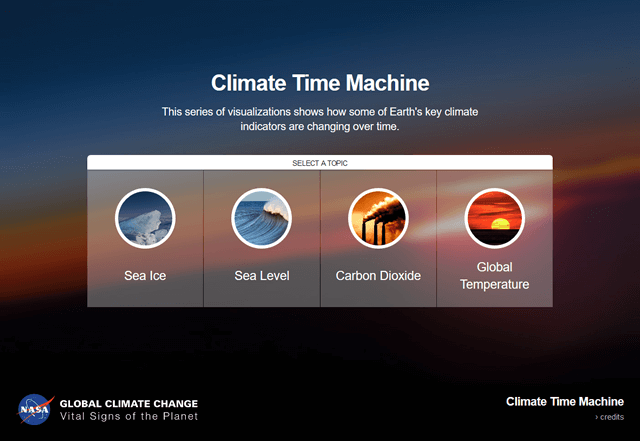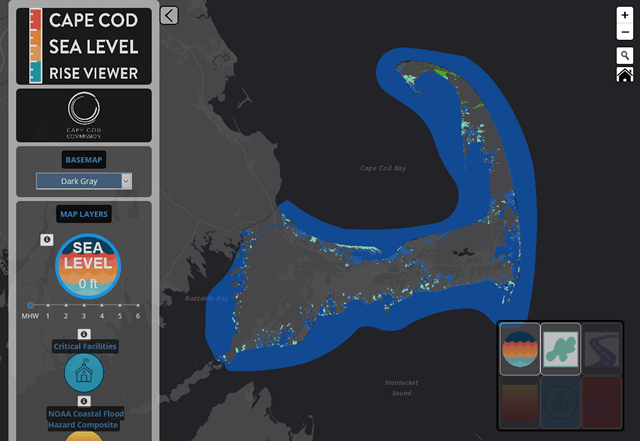Climate Change
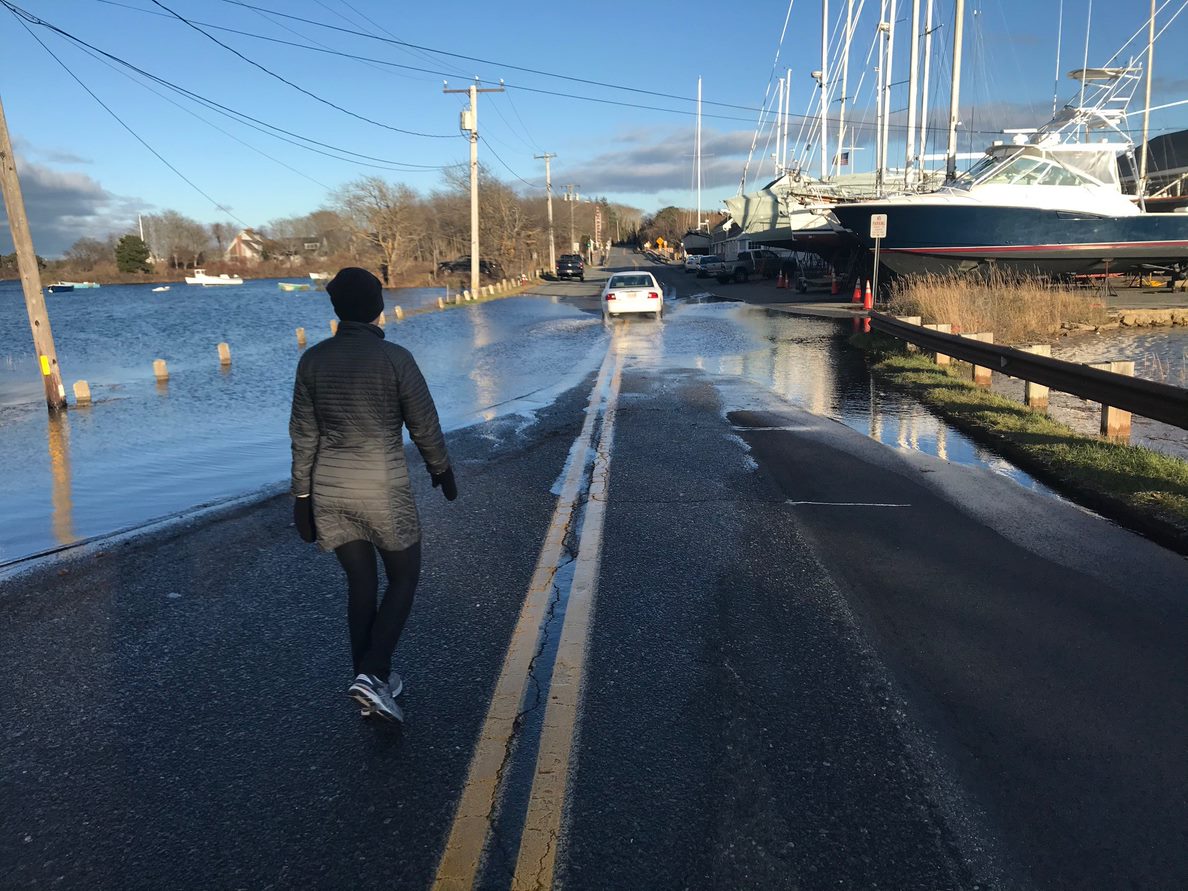
What is Climate Change?
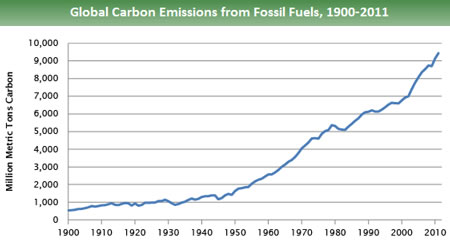
Source: Boden, T.A., Marland, G., and Andres R.J. (2015). Global, Regional, and National Fossil-Fuel CO2Emissions. Carbon Dioxide Information Analysis Center, Oak Ridge National Laboratory, U.S. Department of Energy, doi 10.3334/CDIAC/00001_V2015. Image credit: EPA
When fossil fuels are burned for energy, carbon dioxide is added to the atmosphere. The more fossil fuels we burn, the greater the buildup of carbon dioxide. This buildup of carbon dioxide acts like a blanket in the atmosphere that traps heat around the world, preventing it from escaping into space. As more carbon dioxide and other heat-trapping gasses build up, the blanket gets larger and thicker and is disrupting the climate.
This disruption of the climate is adversely impacting the Earth’s land and water in different ways, including increased heatwaves and droughts, more catastrophic storms that cause wind damage, flooding and erosion, ocean acidification, and an increase in average temperatures on Earth. One consequence of the Earth’s rising temperatures is the melting of vast amounts of ice stored in the Arctic and Antarctic regions. Warming also causes thermal expansion of the ocean. Both effects—melting of ice and thermal expansion—are causing sea levels to rise worldwide.
Check out these amazing and disturbing visualizations on disappearing sea ice, rising sea levels, carbon dioxide emissions and rising global temperatures from NASA.
Cape Cod Sea Level Rise Viewer produced by the Cape Cod Commission.
The following are some of APCC’s current climate change initiatives:

Cape Cod Climate Change Collaborative: APCC is a founding member of the Cape Cod Climate Change Collaborative, a climate action campaign for the Cape and islands, uniting the varied expertise and experience of Cape Cod, Martha’s Vineyard and Nantucket organizations to address reducing the region’s carbon footprint. To facilitate, the Climate Collaborative organizes Net Zero Conferences that bring regional leaders together to network and lay a course for climate action.
Cape Cod Coastal Resilience Project: APCC partnered with the Cape Cod Commission on a three-year grant from the National Oceanographic and Atmospheric Administration to develop a tool and public outreach program to investigate the environmental and socio-economic effects of local and regional coastal resiliency strategies on Cape Cod. The project identified coastal vulnerabilities, identify technologies and strategies to address those vulnerabilities, evaluate costs and risks of those options, and, with public input, choose a path forward for our region.

Except for a leveling off between the 1940s and 1970s, Earth’s surface temperatures have increased since 1880. The last decade has brought the temperatures to the highest levels ever recorded. The graph shows global annual surface temperatures relative to 1951-1980 mean temperatures. As shown by the red line, long-term trends are more apparent when temperatures are averaged over a five-year period. Image credit: NASA
Evaluating the Effects of Sea Level Rise on Cape Cod’s Aquifer: Through a grant from the Massachusetts Environmental Trust, APCC commissioned a U.S. Geological Survey study to model the effects of sea level rise on the mid-Cape’s ground water system. The study, “Potential Effects of Sea-Level Rise on the Depth to Saturated Sediments of the Sagamore and Monomoy Flow Lenses on Cape Cod, Massachusetts,” found that rising sea level could potentially raise the water table and decrease depths to groundwater in some areas, which would adversely affect public and private infrastructure. The study can assist local and regional planning for these vulnerable areas.
APCC’s Ecosystem Restoration Program: APCC established the Ecosystem Restoration Program to assist towns with implementation of environmental restoration projects by providing coordination, project management and technical assistance. The list of restoration projects complied by APCC includes coastal resilience projects, which will help protect the Cape’s environment and inhabitants from impacts of climate change and hazard events such as hurricanes, coastal storms and flooding.
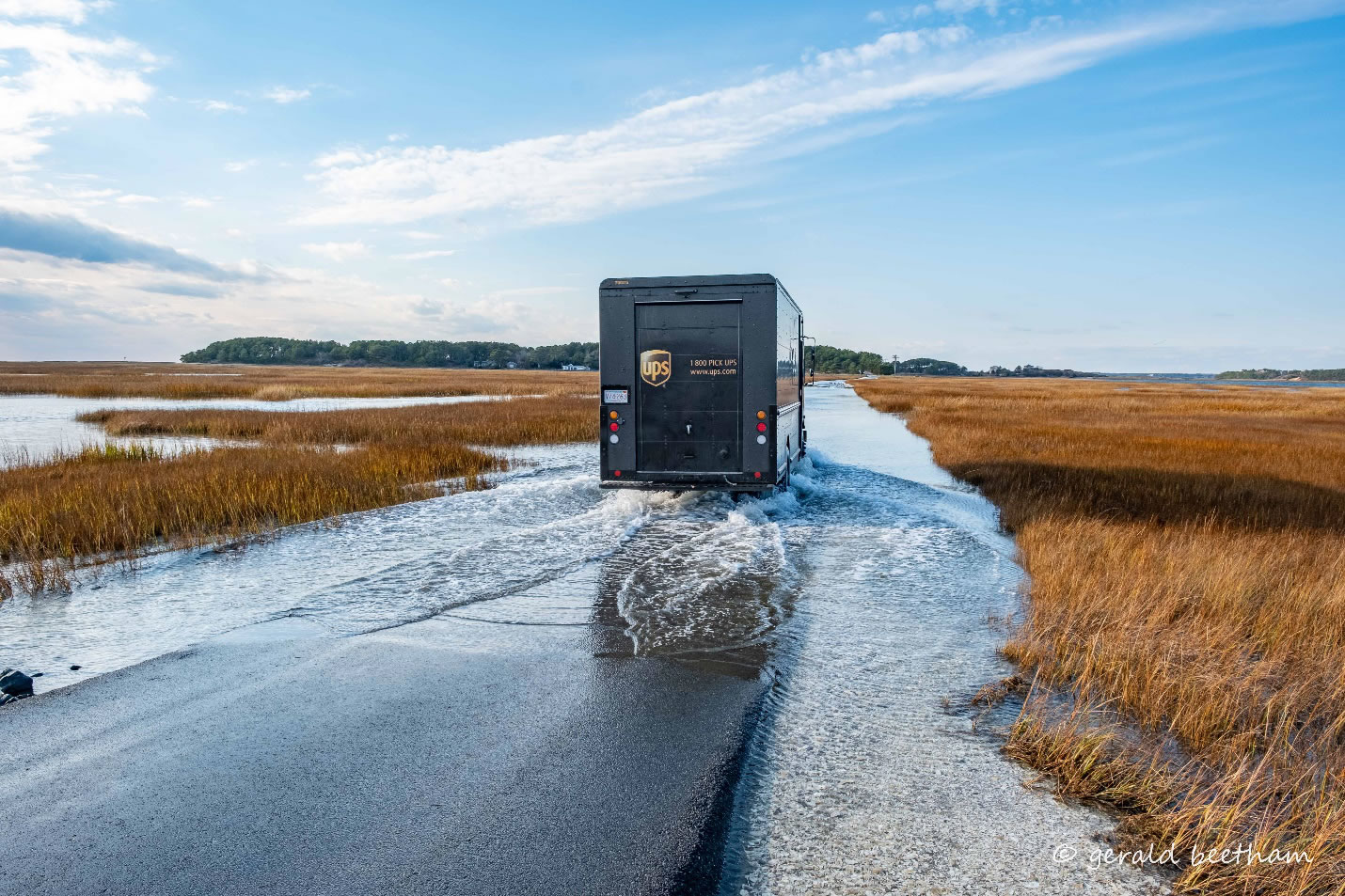
Other local and global sources for information:

